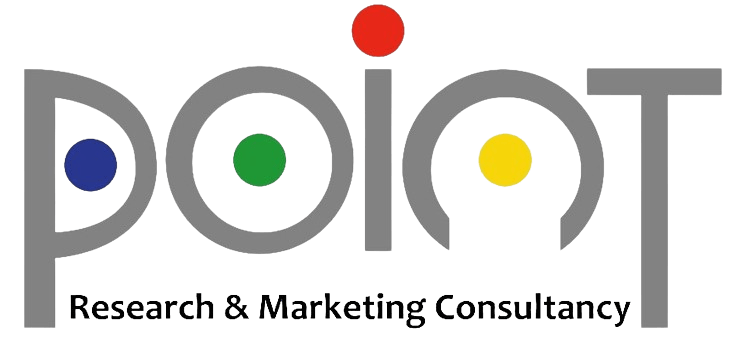
The Middle East and North Africa (MENA) region has witnessed rapid economic growth, fueled by innovation, digital transformation and strategic investments. To sustain this momentum, organizations must harness the power of Business Intelligence (BI).
What is Business Intelligence?
BI integrates processes, technologies and tools to transform raw data into actionable insights, driving informed decision-making.
Key Components of Business Intelligence :
• Data Analytics: Examining historical data to identify trends and patterns.
• Performance Metrics: Establishing benchmarks to measure organizational progress.
• Data Visualization: Presenting complex data insights intuitively.
• Reporting: Sharing insights across stakeholders for collaborative strategy.
Business Intelligence in MENA: Opportunities and Challenges
The MENA region offers unique opportunities and challenges for BI adoption.
Opportunities
• Digital Transformation: Governments and businesses invest heavily in digital infrastructure, fostering a data-driven ecosystem.
• Growing Consumer Market: A young, tech-savvy population drives demand for personalized, data-driven services in MENA.
• Strategic Location: MENA’s position bridges Europe, Asia and Africa, facilitating global trade and data exchange.
Challenges
• Data Quality: Inconsistent or inaccurate data undermines BI effectiveness.
• Regulatory Frameworks: Varied and evolving regulations across countries demand adaptability.
• Talent Acquisition: Attracting skilled BI professionals requires strategic recruitment.
Benefits of Business Intelligence in MENA
Effective BI implementation yields numerous benefits.
• Enhanced Decision-Making: Data-driven insights inform strategic choices.
• Operational Efficiency: Streamlined processes reduce costs and boost productivity.
• Competitive Advantage: Organizations outpace rivals with proactive intelligence.
• Improved Customer Experience: Personalized services through data analysis enhance engagement.
Industry Applications in MENA
BI applications span sectors.
• Finance: Risk management and customer segmentation.
• Healthcare: Predictive analytics for patient outcomes and improved care.
• Retail: Customer behavior analysis for targeted marketing strategies.
• Energy: Optimizing resource allocation for sustainability.
Implementation Strategies for Success
1. Align Objectives: Define BI goals aligned with organizational strategy.
2. Invest in Tools: Leverage platforms like Tableau, Power BI or QlikView.
3. Develop Talent: Train teams in data analysis and visualization.
4. Govern Data: Establish quality control and security measures.
Conclusion
Business Intelligence is crucial for MENA organizations seeking a competitive edge and sustainable growth. By addressing challenges and leveraging opportunities, businesses unlock data-driven insights for informed decision-making
Post a comment Cancel reply
Related Posts
The Power of Big Data in Market Research for Smarter Business Decisions
Big Data in market research is not a buzz word but an unstoppable force that’s…
Market Research for Startups: Validating Your Business Idea the Right Way
Market research for Startups is one of the most crucial phases of developing an idea…
The Importance of Focus Groups in Consumer Preference Analysis
Focus groups are essential in revealing the secret motivations driving consumer choice. Today’s fast-changing…
Essential Tips for Building Effective Market Research Surveys
Market research surveys are crucial weapons that allow companies to get to know their…






